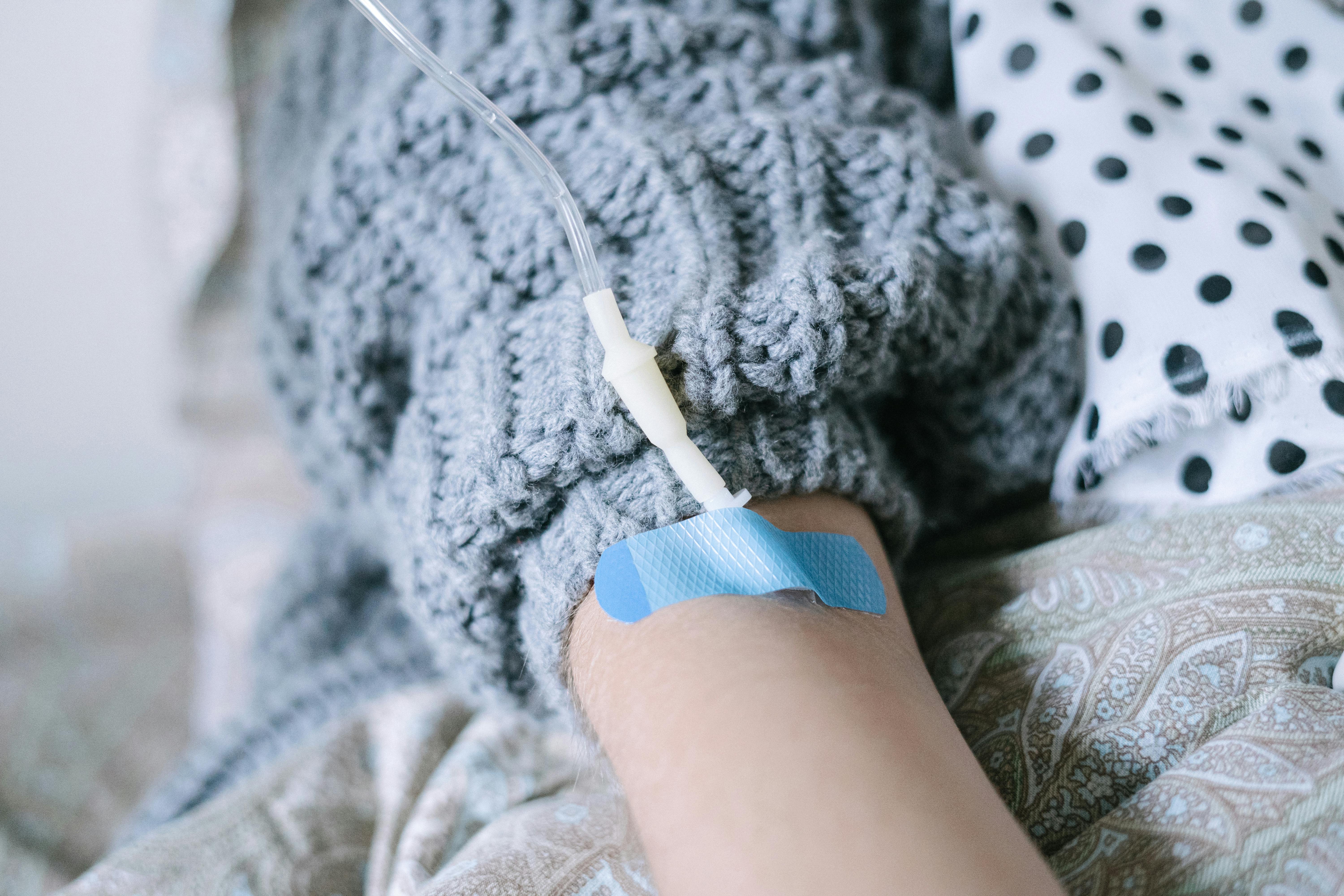Spastic colon is another term for Irritable Bowel Syndrome or IBS. Spastic colon means that the movement or contractions of the muscles in the small and large intestines are not working properly. The word spastic is derived from the Greek word spastikos, which means “to pull or lift.”
Signs and symptoms of spastic colon include abdominal pain and cramping, along with significant changes in bowel function, such as diarrhea and constipation. Many people with a spastic colon experience frequent urges to defecate; followed by extremely painful spasms during bowel movements.
While there is no known cause of spastic colon or irritable bowel syndrome; Research has shown that people with a spastic colon do not have a normal gastrocolic reflex response. Spastic colon symptoms are believed to result from what appears to be a breakdown in communication within the digestive tract. This could be due to a disturbance in the interaction between the gut(s) and the brain, or between the gut(s) and the autonomic system that controls the regulation of gut function.
In general, people diagnosed with a spastic colon will need to make adjustments to their diet to control their symptoms. It is recommended that people with spastic colon eliminate high-fat foods, most meat and dairy products, wheat, sugar, processed foods, tobacco products, and alcohol. Most spastic colon diets also encourage the addition of high-fiber foods and probiotics to help restore balance to the gut.
Exercise can help reduce spastic colon symptoms. However, exercise should be limited to low-impact exercises, such as walking or water aerobics. High-impact exercise is known to induce symptoms in some patients with spastic colon.
Stress has been shown to aggravate spastic colon symptoms. Many patients find benefit from including stress reduction techniques such as biofeedback, mediation, or yoga. Many people turn to alternative or complementary medications for the treatment of spastic colon or irritable bowel syndrome. [http://www.my-irritable-bowel-syndrome.com]. Some find acupuncture particularly helpful, while others turn to traditional Chinese herbs, reflexology, therapeutic essential oils, or colonics.
Medications are often prescribed to relieve stomach pain, diarrhea, and constipation associated with a spastic colon. These include anti-diarrheal drugs like Imodium or Lomotil; antispasmodics such as dicyclomine (Bentyl); and pain-reducing agents such as amitriptyline (Elavil) and desipramine (Norpramin).
Beyond medication and dietary changes, there are no known treatments for spastic colon. In many cases, simple changes to your diet and lifestyle can relieve spastic colon symptoms.




